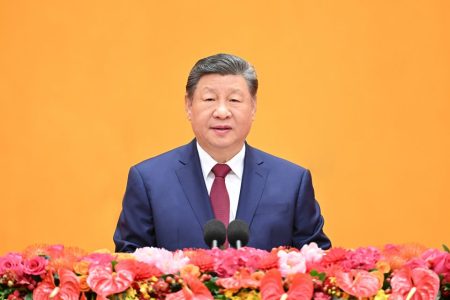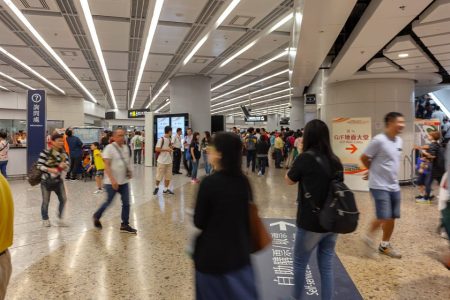An increasing number of elderly Hong Kong residents are choosing to retire across the border in Guangdong province, drawn by lower living costs and familiar cultural ties, China Daily reports. The trend is raising concerns around the lack of integrated healthcare services between the two sides.
According to data from Hong Kong’s Legislative Council, almost 100,000 of the SAR’s residents aged 65 and above settled in Guangdong in 2024. That’s a 40.5 percent rise compared with a decade earlier.
For many, affordability is a decisive factor. “Renting an apartment with one living room and one bedroom in the suburb of Shenzhen … costs merely HK$2,000, while this price is unimaginable in Hong Kong,” said 82-year-old Hong Kong resident Yu Ningqiao. Yu’s Old Age Living Allowance is about HK$4,000 a month.
[See more: Elderly care facilities in Macao are insufficient, legislator says]
Hong Kong, Macao and Taiwan residents have been allowed to join mainland health insurance schemes since 2020, but the systems remain separate. Records are not shared, reimbursement is limited, and seniors often face time-consuming cross-border trips to renew prescriptions or seek treatment, China Daily notes.
While more Hong Kongers of all ages are now heading to the mainland for medical treatments, experts warn that healthcare remains a sticking point for elderly making permanent moves. Shi Cheng, an associate professor of the Institute of Policy Studies at Lingnan University of Hong Kong, has noted that retiring in the mainland “means giving up the nearly-free healthcare services in Hong Kong.”
Policy analysts say the Greater Bay Area needs to better integrate its medical systems, as well as achieve mutual recognition of respective pension and healthcare insurance schemes. Technical reforms such as safe data sharing and personalised record management will also ease the transition.






